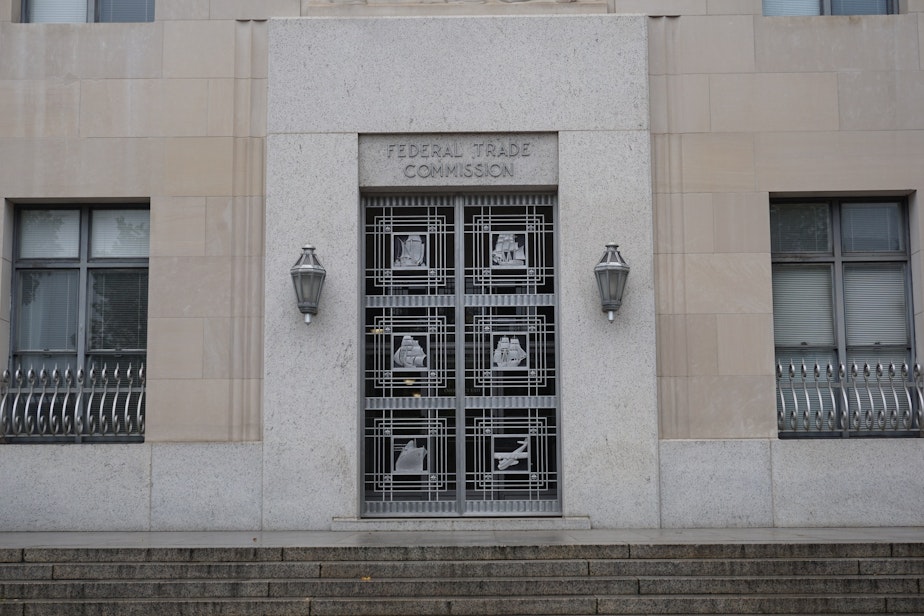Will Lina Khan’s FTC try to break up Amazon?

The Federal Trade Commission has called Amazon officials in for meetings next week.
Many believe it’s a sign that the agency is finalizing an antitrust lawsuit against the mega corporation.
Before she became President Biden’s pick to run the FTC, Lina Khan wrote a now-famous Yale Law Journal article making the case for tighter regulation for Amazon.
She compared it to an old school railroad monopoly — forcing merchants to “ride Amazon’s rails” even as they try to compete with the retail arm of the company.
Today, as FTC chair, Khan has been careful about how she talks about Amazon. In an interview with CBS’ earlier this month, she said, "In this role I’m really focused on enforcing the law based on the facts, and so we look at every company and every company’s practices on a case by case basis."
RELATED: FTC sues Amazon for 'tricking and trapping' people in Prime subscriptions
But Khan’s FTC has not been shy about taking on consolidation in the tech industry at large. That’s led to some high-profile court losses in recent months, in challenges to proposed acquisitions by Meta and Microsoft.
Sponsored
But even as the FTC fails to stop these mergers in court, Khan’s supporters say her proactive anti-monopoly agenda is making waves in the tech world.
Jarrad Harford is the Chair of the Department of Finance and Business Economics at the University of Washington’s Foster School of Business, who sat down to discuss the direction that the FTC is heading with Soundside host Libby Denkmann.
Harford said Khan has made a couple of big changes to the FTC's status quo since leading the agency.
"One was just on how aggressive the FTC was going to be in general, in terms of challenging mergers and larger companies," he said. "And the other was that she hinted — and now has made it more clear through some of the release of some new draft guidelines — that she was moving away from the classic, consumer welfare standard in antitrust and taking a broader view of potential antitrust issues."
For decades prior, the FTC had taken the position that if a merger benefited consumers through better products, lower prices, or greater efficiency, it wouldn't attempt to block it, Harford explained. But Khan's leadership has called that convention into question.
Sponsored
"She's trying to argue that either in the long run, this will allow for the new, larger firm to eventually harm consumers, or this will give them leverage in certain product markets, or against vendors, or certain suppliers or customers — that would be harmful as well," Harford said.
Additionally, Khan has raised concerns about whether such mergers will hurt workers due to a less competitive labor market.
You can listen to the entire conversation in the audio above.





